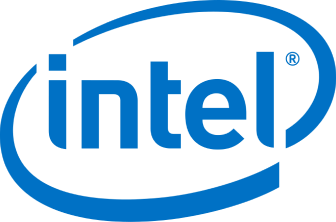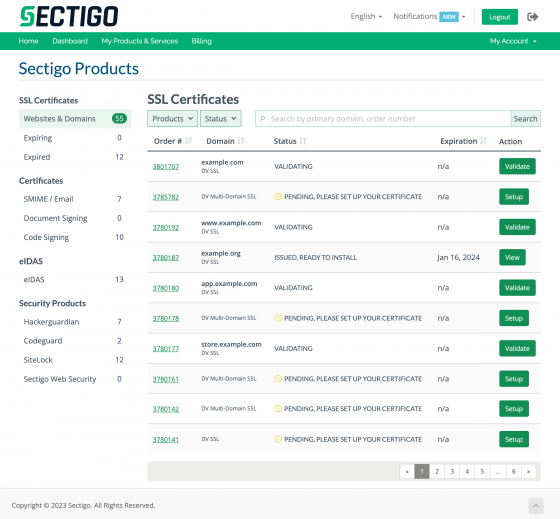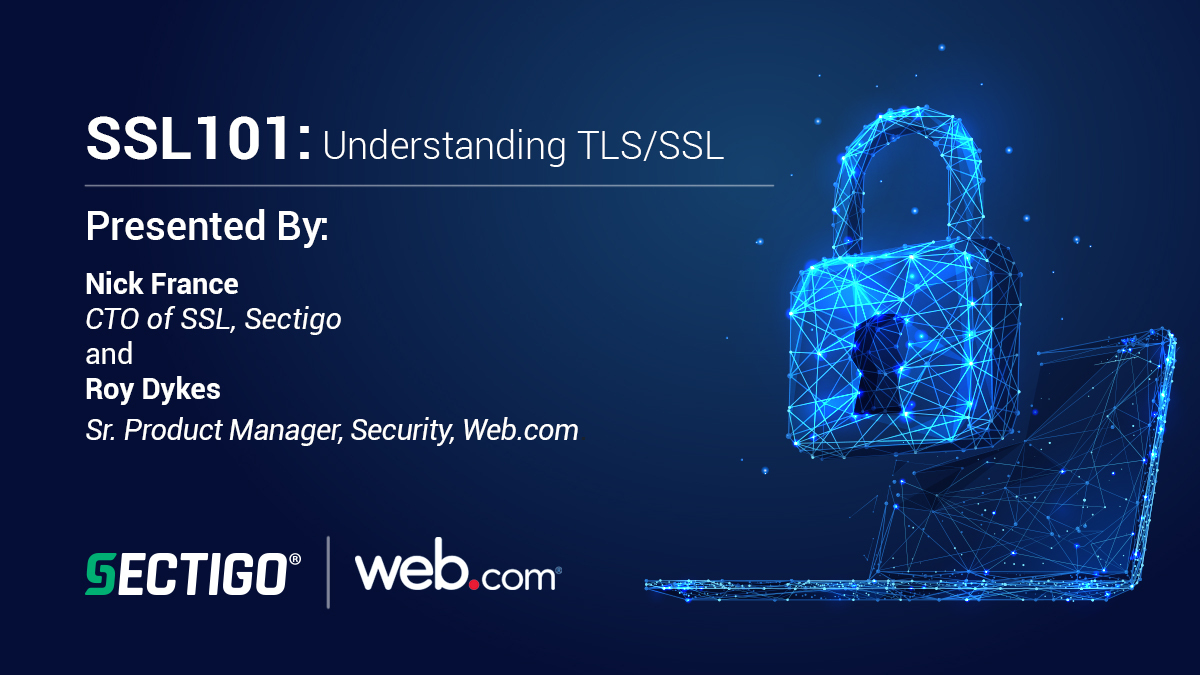Secures 1 domain
+ unlimited subdomains
$449
€412
£356
AED 1,648
A$668
R$2,215
CA$600
CHF 384
DKK 3,067
IDR 6,988,236
₹37,406
¥64,215
MX$7,677
NZ$721
PHP 24,961
PLN 1,795
SAR 1,684
SEK 4,603
SGD 597
TRY 13,372
Up to 30% off with multi-year
Up to 30% off with multi-year
Up to 30% off with multi-year
Up to 30% off with multi-year
Up to 30% off with multi-year
Up to 30% off with multi-year
Up to 30% off with multi-year
Up to 30% off with multi-year
Up to 30% off with multi-year
Up to 30% off with multi-year
Up to 30% off with multi-year
Up to 30% off with multi-year
Up to 30% off with multi-year
Up to 30% off with multi-year
Up to 30% off with multi-year
Up to 30% off with multi-year
Up to 30% off with multi-year
Up to 30% off with multi-year
Up to 30% off with multi-year
Up to 30% off with multi-year











